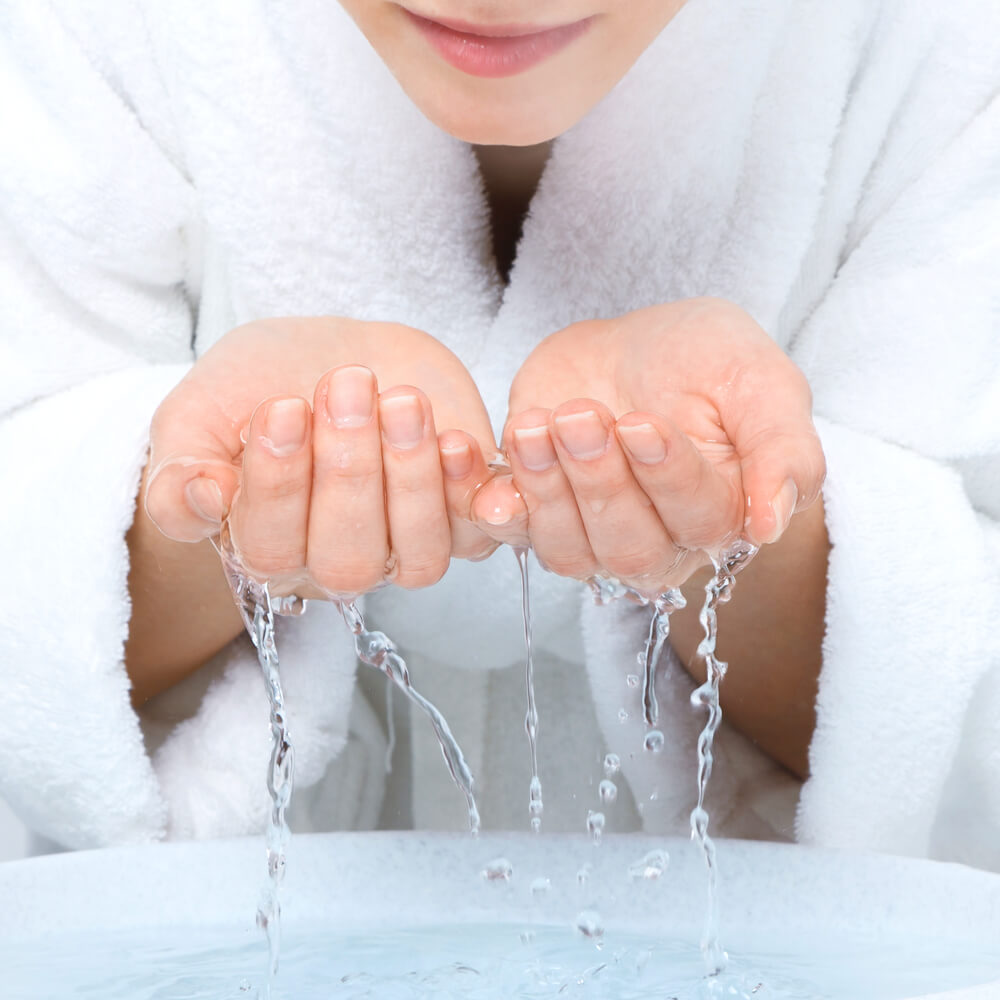For more than 100 years now, Americans have relied on chlorine to kill bacteria in their water supply. While chlorine does prevent instances of cholera, salmonella, and other infections, the down side is that it could make you more susceptible to certain diseases. How dangerous is chlorine, and should you be worried? Here is some information we think you should know.
Increased Risk of Cancer
When chlorine is added to water, the byproduct is Trihalomethanes or THMs. These substances increase free radical production in the body, and are highly carcinogenic. This could be why the U.S. Council of Environmental Quality reports that a person’s cancer risk increases by 93% whenever he or she drinks chlorinated water.
A study published in the Journal of the National Cancer Institute reported that drinking chlorinated water long term increases an individual’s risk of developing bladder cancer by up to 80 percent. Drinking chlorinated water for more than 15 years makes it more likely a person will develop colon cancer, according to Health Freedom News. The Breast Cancer Fund also reports that women with breast cancer often have high levels of trihalomethanes in their fatty tissue, something that could indicate too much chlorine in the drinking water.
More Susceptible to Heart Disease
Dr. Joseph M. Price authored a book entitled Coronaries, Cholesterol, Chlorine. In this book, he claims that THMs are a leading cause of arteriosclerosis or hardening of the arteries, something that is considered a precursor to heart attacks and strokes. Some researchers believe it may affect cholesterol metabolism, leading to high levels of lipids in the bloodstream.
Miscarriage and Birth Defects
The San Francisco Chronicle reported in 2002 that studies by the Public Interest Research Group and Environmental Working Group showed that pregnant mothers who drink chlorinated tap water have a greater risk of experiencing a miscarriage. A study performed by these two groups also showed a correlation between consuming chlorinated water and birth defects among newborns.
A higher risk of miscarriage was also noted in a California Department of Public Health study performed on 5,000 expectant mothers. That study showed that women whose water supply contained more than 75 ppb (parts per billion) and who also consumed at least five glasses of tap water each day had a 9.5% higher risk of miscarriage.
More Difficult to Conceive
A woman could also have a more difficult time getting pregnant if her male partner regularly drinks water containing high amounts of chlorine. Some studies show that exposure to high levels of chlorine can impact testosterone levels, and could even lead to low sperm counts among men. The greatest effects are found in pre-pubescent boys and young adults, but similar effects have also been noted in older males.
Not Always Effective
Despite the fact that chlorine kills bacteria, some research shows that it is not always effective at preventing water-borne illnesses. For example, chlorine consistently fails at removing certain parasites from the water. It also cannot remove all dangerous bacteria such as e-coli from the water, meaning that some people will continue to get sick. Many will suffer flu-like symptoms such as diarrhea, cramps, headaches, or vomiting without even realizing that their drinking water could be to blame.
Easy to Remove
University of Minnesota researcher Dr. Robert Carlson claims chlorine is a leading “killer and crippler”, and compares it to air pollution. Fortunately, removing chlorine from drinking water is easy, particularly when you use the right water softener. The ones we offer will ensure safe, great tasting water that will ensure your good health and not detract from it. To find a water softener that is perfect for your needs, please contact us.






